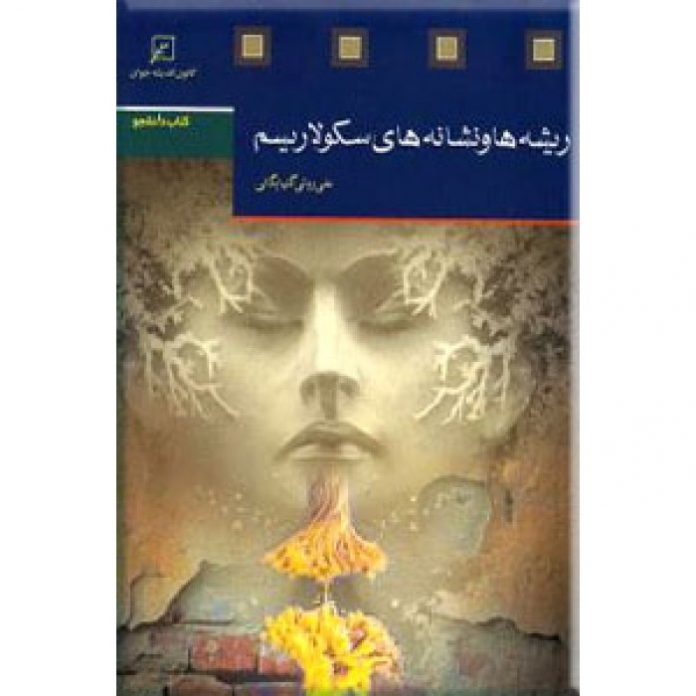Ali Rabbani Golpayegani
Preface
“Secularism” or what is called in Islamic world “’almàníyah”, is deeply rooted in Christianity. Neither today modern world nor traditional world of the Medieval Centuries has been a germ of which secularism had been formed. Secularism has been essentially formed around Christian “dualism”; and the idea of separation between religious and worldly affairs caused to “render … unto Caesar the things which are Caesar’s; and unto God the things that are God’s”[1].
For the same reason, before entering the Medieval Centuries and witnessing the bitter times of suppression of thought, Christian man believed in separation between religion and world.
After spread of Christianity in the realm of Roman Empire and because of the fear of this empire from superiority of Barbarian nations, Rome converted into Christianity inevitably. And in this way, approach of the State towards the religion- in that time- began through an instrumentalist viewpoint. With the beginning of Medieval Centuries which was accompanied by entering of Christianity into political sphere, Inquisition system was established. And, in 1215, the Pope Innocent Islamic made all civil governments to execute all atheists convicted by the Church. Thus, a form of despotism which was based on an altered interpretation of Christianity, was formed, and depicted a dark picture of religious government in people’s minds for centuries.
Thus, attempts made by people of that time to free themselves from despotism led to their being imprisoned in the Church.
Unlike Christianity, Islam’s political thought was formed around what was negated by Christian dualism; and that was a link between the realms of religion and world. Not only did not render Caesar’s thing to him, but also the Holy Prophet himself was the founder of religious government at the advent of Islam. The Holy Prophet (s) introduced, after him, ‘Ali ibn Abi Talib (a) who was the symbol of permanent link between religion and society.
Islam’s history as well is an evidence for the claim that the Islamic Ummah is able to, relying light teachings of Islam, go in the way of progress and perfection, and establish the Great Islamic civilization. Undoubtedly, religion makes civilizations, and Islam has proved its own unrivalled ability to do this. Thus, secularism is not admitted in the Islam’s political thought; and today, unbounded secularism is not able to solve even one of the problems of Islamic world.
Today, we know secularism as it is defined traditionally, i.e. as separation between religion and world; but, beyond this, secularism has opened new windows. Secularism and modernism, secularism and scientism, secularism and nationalism,… all and all, are examples which remind of necessity to discuss this issue. One of the goals of the Canoon is to provide replies to intellectual suspicions and discuss concerns which challenge the Muslim young’s mind. For the same reason, we proceed to discuss secularism. The result of this study made by the Researcher Ali Rabbani Golpayegani (member of the Board of Hikma and Philosophy Dept of Institute of Islamic Culture and Thought) is what you are reading now. With many thanks to him, we are waiting to know your opinions.
[1] . King James Bible




